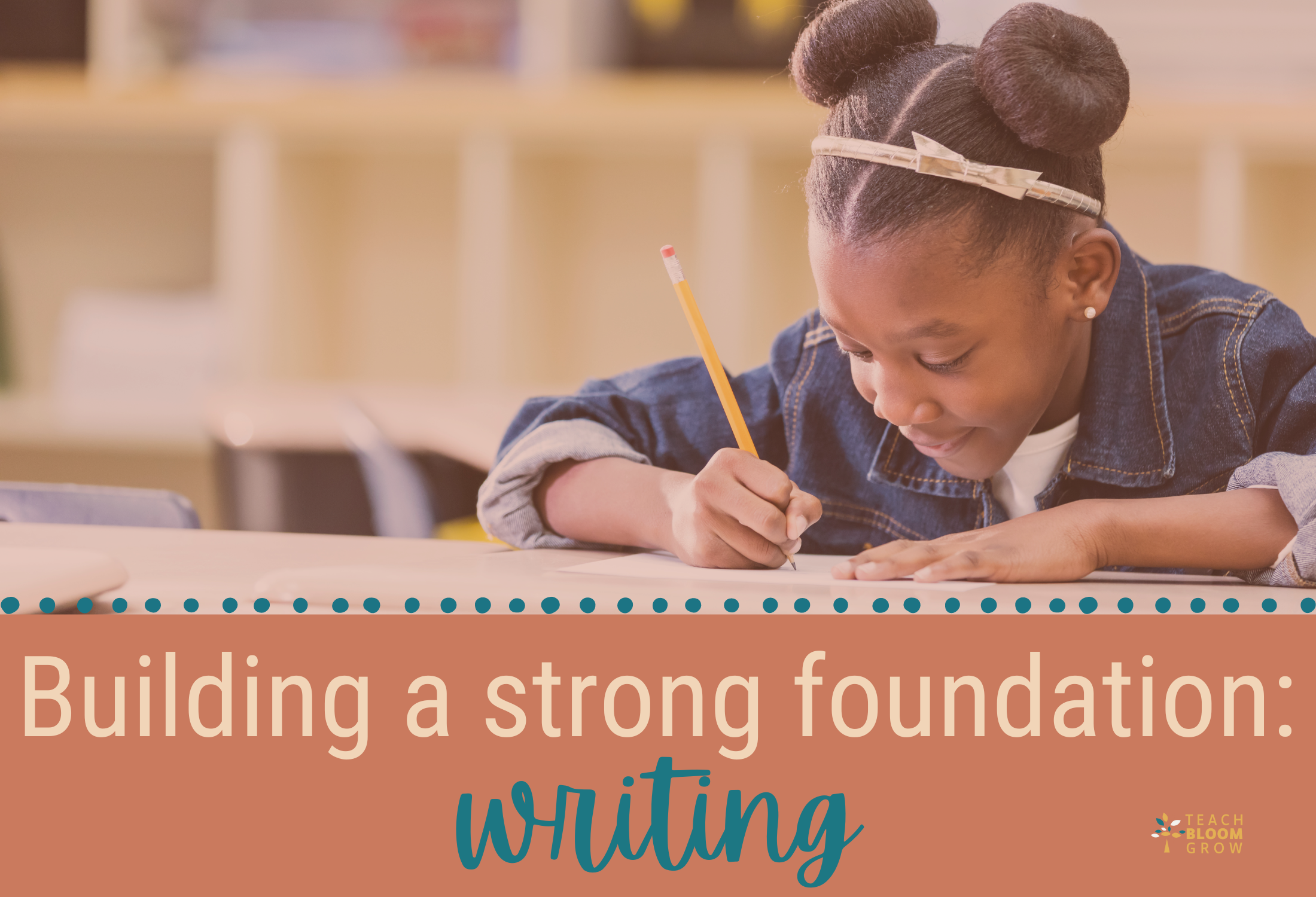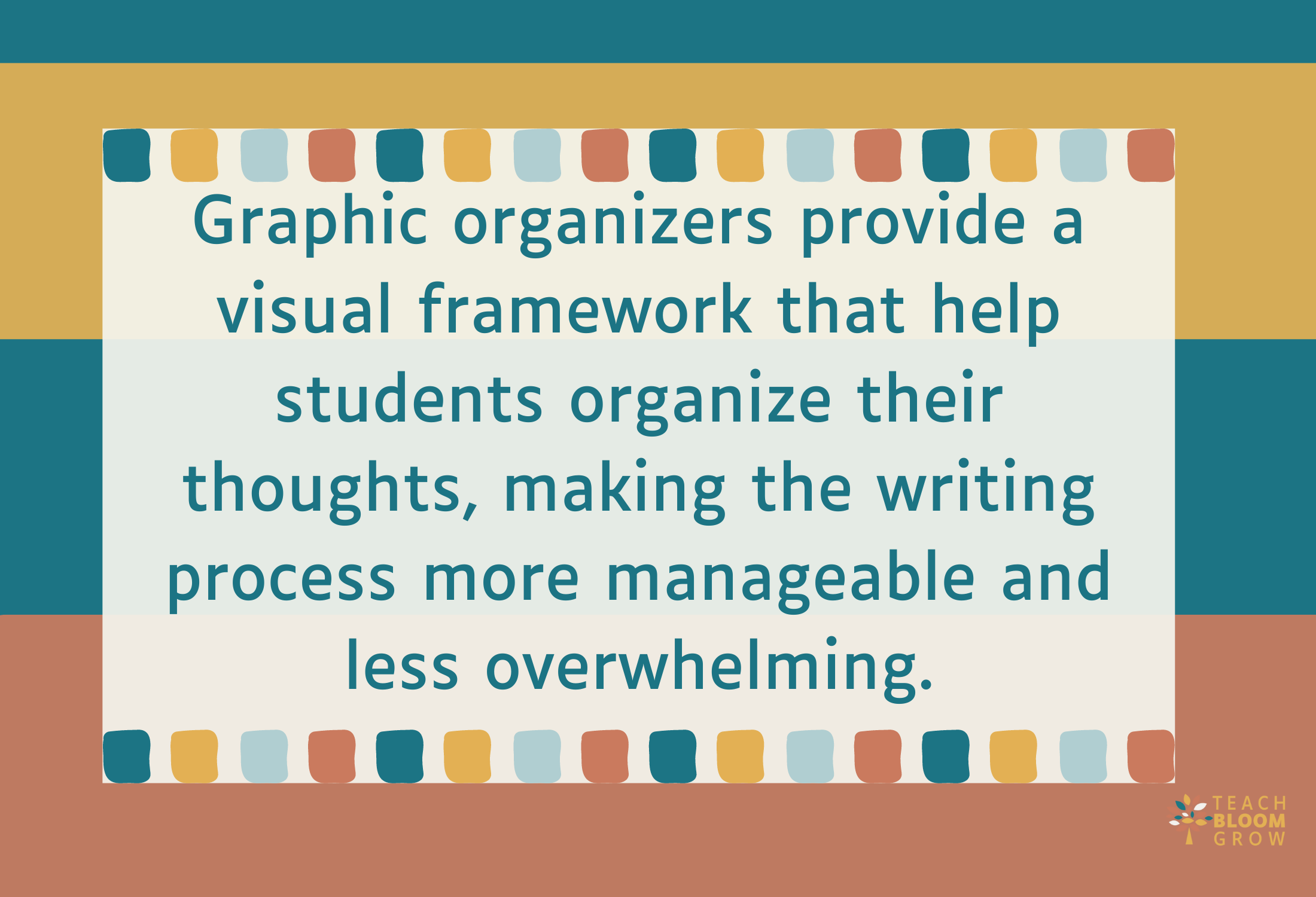Building a Strong Foundation in Writing
Phonemic Awareness. Phonics. Vocabulary Instruction. Fluency. Comprehension. Honestly, these are powerful terms when thinking about reading and writing! Without strong skills in one area, students can struggle significantly. So, it is crucial that parents and caregivers understand these essential building blocks and how to help their child develop them. With a strong understanding, parents and caregivers can support writing instruction with a dyslexic students while helping them gain confidence. Honestly, this is a crucial aspect when building a strong foundation in writing. Luckily, there is a wealth of knowledge and tips on supporting literacy development at home.
What is Phonemic Awareness?
Phonemic awareness is recognizing and manipulating individual sounds, or phonemes, in spoken words. It is a critical precursor to reading, enabling learners to understand that words comprise smaller sound units.
The Role of Phonics in Reading
Phonics is teaching reading by correlating sounds with letters or groups of letters. Students need strong phonics skills to help with decoding unfamiliar words and spelling. Additionally, it is crucial for reading comprehension because students need to focus on understanding texts rather than struggling with pronunciation.
Expanding Vocabulary: A Key to Comprehension
Vocabulary instruction involves teaching the meanings of words and their use in language. This component is critical because a rich vocabulary enhances reading comprehension and building a strong foundation in writing.
Building Fluency: Reading with Ease
Fluency is the ability to read with speed, accuracy, and proper expression. Fluent readers can focus on understanding the text rather than decoding individual words.
Understanding What You Read: Comprehension Strategies
Reading comprehension is the ability to understand, interpret, and analyze texts. It is the ultimate goal of reading and a critical skill for academic success. Strong comprehension strategies allow students to think critically and develop a love of learning.
Supporting Literacy Development at Home
Home support is essential when building a strong foundation in writing and reading. Thankfully, there are many ways parents and caregivers can provide support at home.
Establish a Reading Routine
Establishing a consistent reading routine can greatly influence a child's attitude toward reading. Parents and caregivers should set aside dedicated time each day for reading. By making reading a regular part of the daily schedule, children will begin to view it as an enjoyable and integral part of their lives.
Provide Access to a Variety of Reading Materials
Diversity in reading materials can stimulate a child's interest and imagination. So, parents and caregivers should aim to provide access to a wide range of texts, including fiction and non-fiction.
Read Aloud Together
Reading aloud is a powerful way to enhance literacy skills. Specifically, parents and caregivers can engage in shared reading sessions where they read together with their children. Parents should encourage children to ask questions, predict outcomes, and discuss the content of the text to deepen their understanding.
Model Fluent Reading
Modeling fluent reading is essential for teaching children how to read effectively. Parents and caregivers can demonstrate proper pacing, intonation, and expression while reading aloud.
Tutoring Programs
It takes a lot of work when building a strong foundation in writing. So, it is okay to need help from professionals trained in the five components to ensure your child has well-rounded literacy skills! Thankfully, our literacy tutoring works for students with dyslexia and those struggling with reading and writing.
Phonemic awareness, phonics, vocabulary instruction, fluency, and comprehension are interconnected components that form the foundation of reading and writing. Thankfully, these tips and literacy tutoring help parents and caregivers focus on building a strong foundation in writing. Plus, they develop a love of reading!
If you do not want to miss any of the upcoming lessons, join my email list to be notified of all the interactive lessons coming up! By joining the email list, you will receive freebies for blog-exclusive subscribers!



